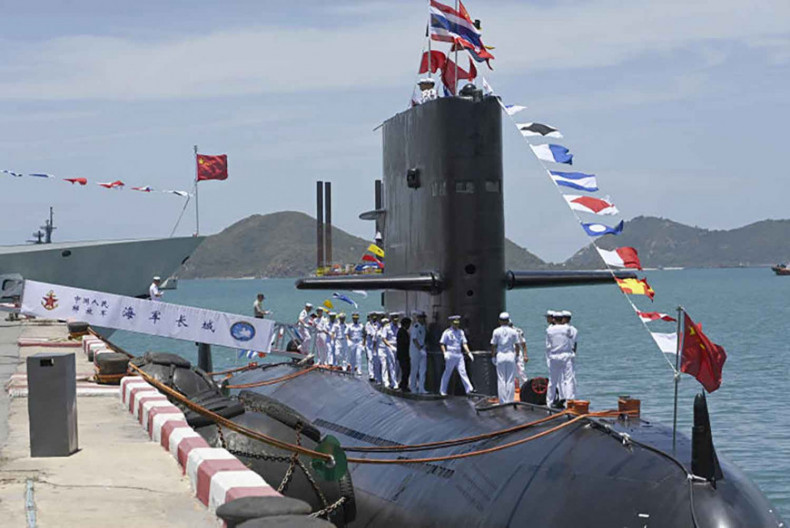Setback for Thai Family
Voting Rules Reinstated
On July 17, 2025, Thailand’s Central Intellectual Property and International Trade Court delivered a blow to the Mahagitsiri family in their ongoing legal tussle with Nestlé. The court overturned a temporary injunction, reinstating original voting rules at Quality Coffee Products Co Ltd (QCP), the joint venture behind Nescafé production in Thailand. This decision requires Mahagitsiri family directors, who hold shares in QCP, to secure joint approval from Nestlé’s directors for board resolutions, limiting their unilateral control.
Core of the Conflict
Dispute Over Business Direction
The legal battle stems from a fundamental disagreement between the Mahagitsiri family and Nestlé over the future of QCP, a 50/50 joint venture established in 1990. With both sides unable to align on strategic goals, tensions have escalated, drawing attention from foreign investors monitoring Thailand’s business landscape. The court’s ruling reinforces Nestlé’s influence over QCP’s governance, a critical factor in the Nescafé brand’s operations, which dominate Thailand’s instant coffee market with a 50% share.
Ongoing Dissolution Case
Bangkok Court Reviews QCP’s Fate
The Bangkok South Civil Court is now deliberating Nestlé’s petition to dissolve QCP entirely, a move that could reshape Thailand’s coffee industry. This separate proceeding underscores the deepening rift between the partners, as Nestlé seeks to untangle the joint venture amid irreconcilable differences. The outcome of this case could set a precedent for how joint ventures navigate disputes, particularly in Thailand’s lucrative 60-billion-baht coffee sector.
Financial Oversight Mandated
Mahagitsiri Faces Reporting Requirements
As part of the court’s ruling, Mahagitsiri family shareholders must submit monthly financial reports, including income, expenses, assets, and liabilities, to ensure transparency for QCP and Nestlé’s stakeholders. This measure aims to protect the interests of both parties during the ongoing legal proceedings. The requirement reflects the court’s intent to maintain stability in QCP’s operations, despite the halted production at its Chachoengsao factory since January 1, 2025.
Nescafé Supply Chain Adapts
Imports and Local Production Fill Gap
With QCP’s factory idle, Nestlé has shifted to sourcing Nescafé products from alternative manufacturers in Thailand and importing from countries like Vietnam and Malaysia. Other Nestlé facilities in Thailand are also contributing through shared production lines. This diversified approach ensures that Nescafé remains widely available across Thai retailers, maintaining its reputation for consistent taste and quality despite the legal turmoil.
Implications for Thailand’s Coffee Market
Investor Eyes on Corporate Governance
The dispute, closely watched by global investors, highlights the complexities of international partnerships in Thailand’s competitive coffee industry, where instant coffee holds an 84% market share. Nestlé’s commitment to maintaining supply amid the conflict reassures consumers, but the unresolved dissolution case could impact future investments. As Thailand’s coffee consumption grows—averaging 340 cups per person annually—the outcome of this legal saga may influence how foreign companies navigate joint ventures in the region.









